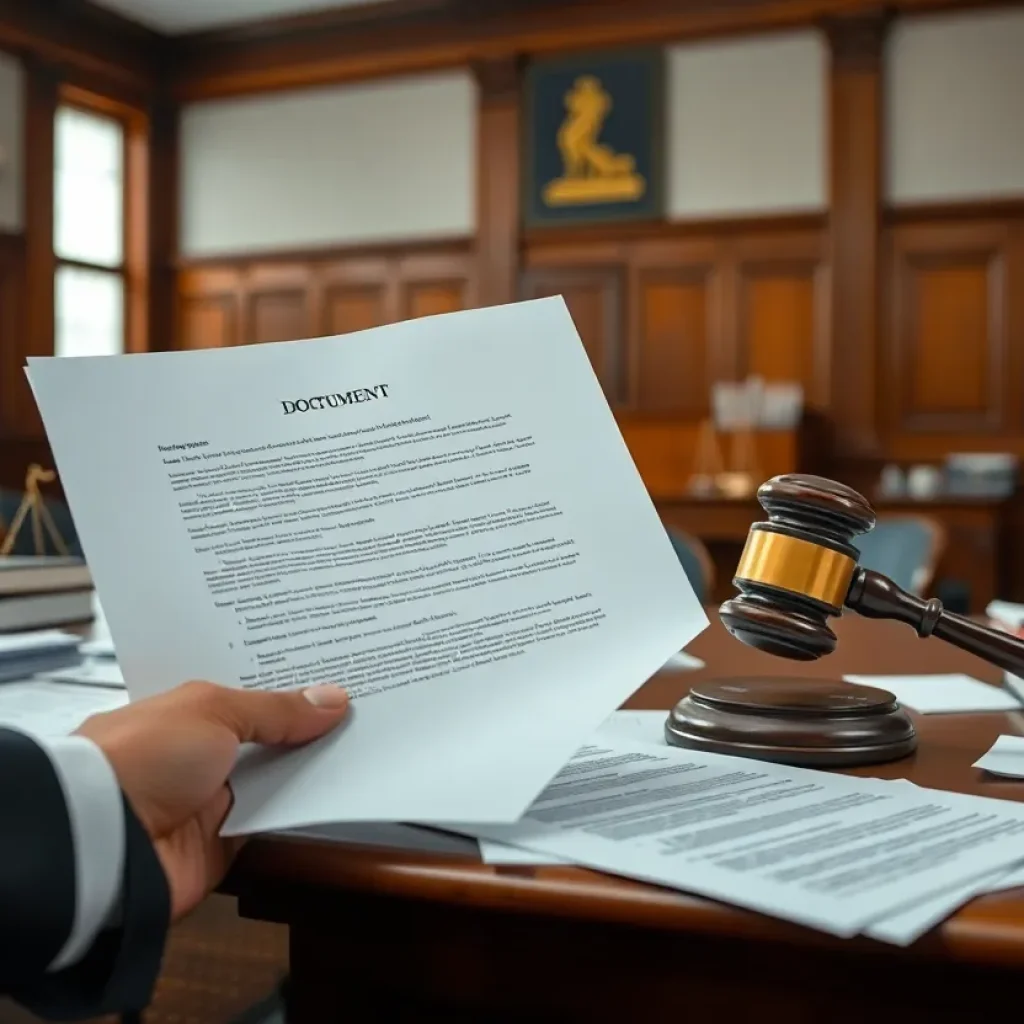News Summary
Former Michigan State football coach Mel Tucker is embroiled in a defamation lawsuit filed by Brenda Tracy, a rape survivor and activist. Tracy claims Tucker’s allegations that their interactions were consensual harmed her reputation and caused significant financial fallout. Despite attempts to serve Tucker with the lawsuit, legal complications have arisen, prompting the court to approve alternate service. The case highlights broader issues of accountability and consent in sports.
East Lansing Faces Legal Drama as Mel Tucker Evades Lawsuit
In an unfolding story that’s capturing attention in East Lansing, former head football coach of Michigan State University, Mel Tucker, finds himself in hot water as he cannot be located amidst a serious lawsuit filed against him. The lawsuit stems from defamation claims made by Brenda Tracy, a well-known rape survivor and activist dedicated to educating college athletics teams on the important issue of sexual assault.
The Background of the Case
Brenda Tracy filed her defamation lawsuit in October 2024, claiming that Tucker effectively harmed her reputation by insisting that their past interactions were consensual. This claim stands in stark contrast to the findings of an internal investigation conducted by MSU in September 2023, which ultimately ruled that Tucker had indeed sexually harassed Tracy during her involvement with the football team.
The issue dates back even further, with Tracy initially lodging a complaint against Tucker in December 2022. Her allegations detailed inappropriate sexual comments from Tucker, as well as an incident in which he reportedly masturbated without her consent during a phone call in April 2022. Despite the gravity of these claims, Tucker has consistently maintained that their interactions were consensual.
What’s at Stake for Brenda Tracy?
Tracy’s lawsuit goes beyond just the personal impact of Tucker’s alleged defamation; it also addresses significant professional repercussions. She claims that Tucker’s actions led to a breach of contract when he canceled her scheduled speaking engagement with the team. This cancellation, according to her lawsuit, resulted in severe financial fallout as she lost out on other contracts linked to her advocacy work due to the scandal surrounding Tucker.
Challenges in Serving the Lawsuit
As the legal process progresses, the path hasn’t been smooth for Tracy and her team. In a twist that seems almost cinematic, Tracy’s attorney, Karen Truszkowski, has faced multiple roadblocks when trying to serve Tucker with the lawsuit documents. Despite efforts to deliver the paperwork via certified mail to nine different known addresses—including Tucker’s still-occupied East Lansing home—all attempts resulted in the documents being returned as undeliverable.
Interestingly, the process server who ventured to Tucker’s East Lansing address discovered that the home is currently occupied by his ex-wife and her mother, with the ex-wife stating that Tucker hasn’t lived there since their divorce. With Tucker’s legal team refusing to accept the lawsuit on his behalf, the situation has become increasingly complicated.
Alternate Service Approved
In light of the ongoing difficulties in serving Tucker, the Ingham County court has since stepped in with a ruling for alternate service. This unique order allows Tracy’s legal team to serve Tucker by mailing the documents to his last known address, posting the notice at that location, and even potentially publishing notice in a local newspaper.
Issued by Judge Wanda Stokes on March 17, the order also requires Tracy’s team to provide proof of service to the court in a timely manner. This new pathway offers a glimmer of hope for Tracy as she seeks accountability from Tucker.
The Consequences of Non-Response
Should Tucker fail to respond to these alternate service attempts, a court judge may rule in favor of Tracy by issuing a default judgment against him. It’s worth noting that Tucker is likely aware of the lawsuit, having referenced it in his own legal actions against MSU concerning his wrongful termination.
As the situation continues to evolve, the community in East Lansing and beyond will be watching closely. The complexities of this case reflect broader societal issues regarding accountability, consent, and the treatment of survivors in the world of athletics. It serves as a poignant reminder that legal struggles can be as tumultuous and intricate as the games played on the field.










